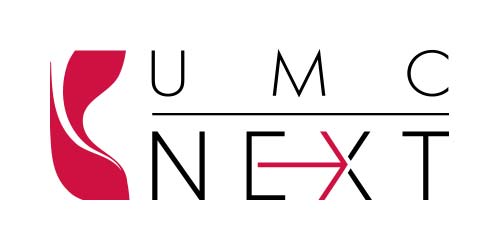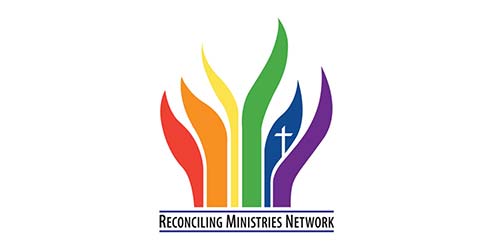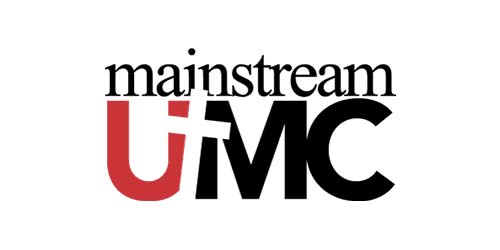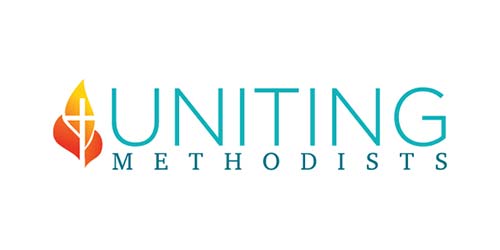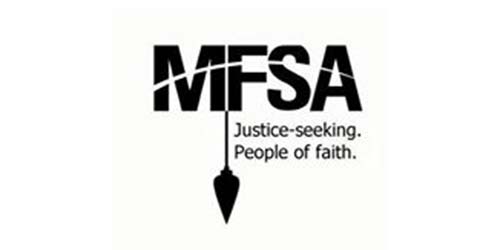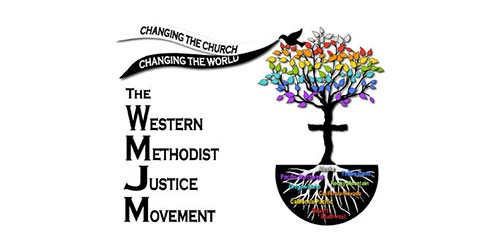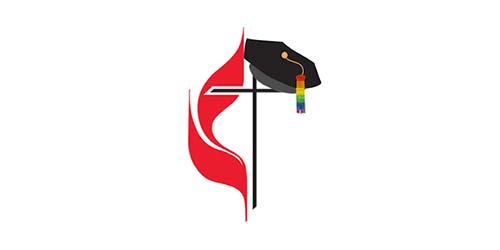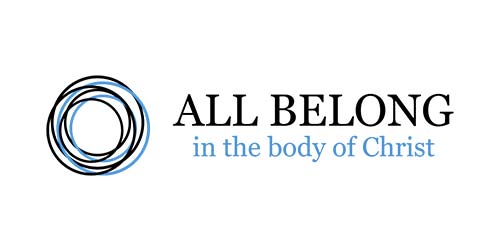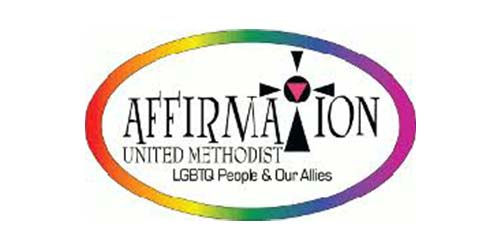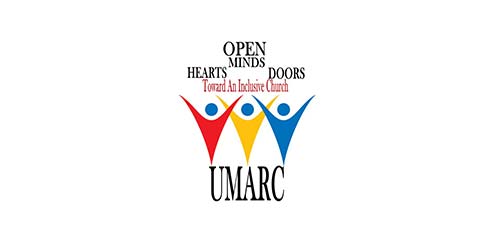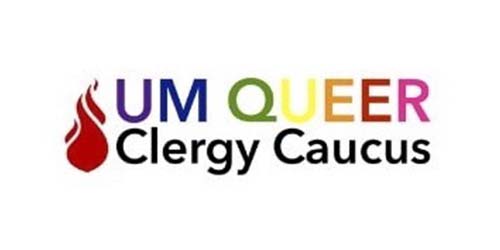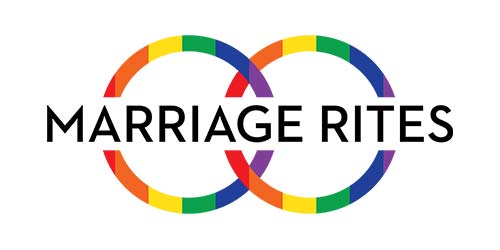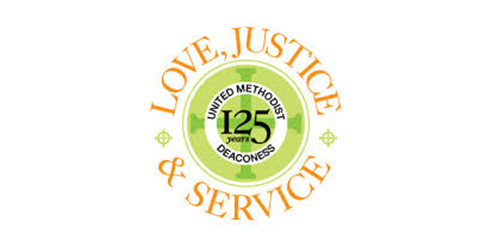Momentum for removing harmful anti-LGBTQ+ language from our Discipline has been growing, and a wide coalition of delegates from across the diversities of our Conferences have named this commitment. We need your voice now, to help describe why we believe this is a faithful direction for our church. There has never been a more important time for people in every place to talk about why inclusion matters, and how it is a faithful expression of our faith in Jesus Christ.
We offer this resource as a starting point to help you connect the work of inclusion to the story of God’s grace and the life of our United Methodist Church.
—
The #BeUMC campaign describes who we are using key themes that describe who we are, institutionally and practically, at all levels. They connect us as we do our work: to make disciples of Jesus Christ for the transformation of the world! To do our work fully and faithfully, we need to remove harmful obstacles to ministry.
We encourage you to use these themes as a way of making a case for change in this moment. These are just some ideas of how you might do so. We hope you will customize these themes in a way that is faithful to your own context and your story of faith:
Foundation: Living the Gospel - The UMC is founded on a Wesleyan theology of grace, anchored in scripture, and based in the life and teachings of Jesus Christ and the continuing movement of the Holy Spirit.
- Our UMC claims 3 simple rules as our practical guide (not mandatory penalties)
- The first rule is “do no harm.” Our current practice is harming LGBTQ+ people and the whole of our witness. Removing exclusionary language allows us to back from this harm in the US, and refocus on God’s movement in our world.
- Removing specific and harmful language reclaims appropriate humility, reminding us that we cannot control who the Holy Spirit calls and uses.
- We share a desire to have Christ’s grace to guide us, not legalism or exclusion. (A law of love written on our hearts - Jeremiah 31:33-34)
Disciple Making - We are disciple-making, faithful, deeply rooted, grounded in Scripture, Christ-centered people of God.
- We have misused the Bible as a weapon against people.
- The Bible is not as clear as we have been led to believe. The story of liberation and love is clear; condemnations of what we now understand as sexual orientation are not.
- We are called to Biblical Obedience in the spirit of Bishop Mel Talbert.
- Holding on to exclusionary practices is an obstacle to the invitation to discipleship, by implying that some people are not welcome to follow Jesus as they are.
- Our current exclusions are an impediment to the clear, faithful proclamation of the grace of God and the power of the Holy Spirit. If nothing can separate us from the love of God in Jesus Christ, who do our rules exclude some people?
- Our baptismal vows remind us that Christ has opened the church to all people. Who are we to close it?
Belonging and Inclusion - We are diverse, justice-seeking, resilient, welcoming people of God.
- The early church experienced the Christ’s salvation, which broke down dividing walls. Now we need to break down the wall of judgmental exclusion of gay and lesbian leaders.
- Our Wesleyan tradition has always valued inclusion and care of those who are disenfranchised and marginalized; today, especially in the US, we are called to include and care for LGBTQ+ people who are at risk in our society.
- Our policies contradict our UMC theology, as we affirm the sacred worth of all people, but exclude them from sacred office and the institution of marriage.
- Current exclusions do harm, disengage, silence, and disrespect. They are an obstacle to freedom, to personal relationship with God, and to service in the church.
- LGBTQ+ people have been and are a vital, faithful part of our churches and Christ’s church.
Influence, Connection & Impact - We are missional, connected, world-changing, generous people of God.
- LGBTQ+ people are at risk in the US and around the world. We are called to speak and live in ways that honor their human dignity. We can make a difference in preventing death by suicide, and stopping laws that criminalize orientation and identity.
- LGBTQ+ people bear the image of God, and help us understand God more deeply. We cut ourselves off from God by trying to cut them out of our church and leadership.
- Our Wesleyan tradition gives us ways to understand the gift of living together across differences – like Wesley’s sermon, “The Catholic Spirit.” We do not have to expel those who we disagree with or who make us uncomfortable.
Experience of God through the UMC - We are committed, Jesus-seeking, Spirit-filled, grace-filled, praying people of God.
- The Holy Spirit has given us experiences of God’s love, and we know its power to overcome our differences. Our exclusionary rules are out of sync with this gift.
- We trust God to call leaders, and should not set up rules that prevent the Holy Spirit’s work in anyone.
- We cannot hang on to scripture as justification for harm and exclusion, especially when we can bear witness to the faithful leadership of LGBTQ+ leaders in our midst.
- We trust in our connection and the power of mutual accountability, not rigid exclusions and mandatory penalties. We want to restore the authority of Boards of Ordained Ministry and Annual Conferences to discern about who to ordain, and clergy to discern about who to marry.
- Removing harmful language releases us from a polarized fight, and places trust back in our church. It honors the integrity of our prayerful work together.
- Can we afford any longer to have exclusions and mandatory prosecutions as our priority? That’s what our current policies say. This undercuts our trust in God, and the integrity of our institution.
